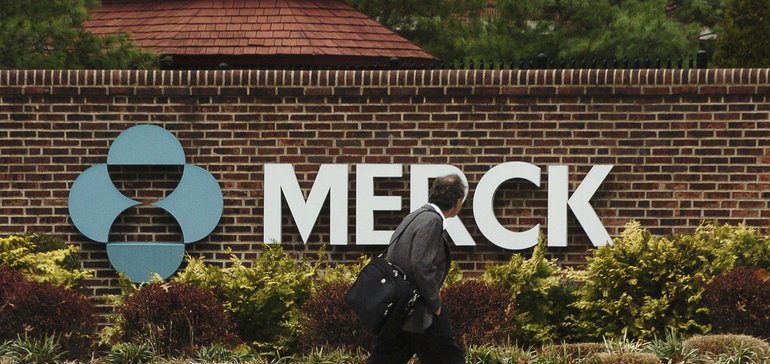In an era of criticism and scrutiny for biopharma companies, executives gathered at the 2019 BIO meeting have debated how the industry can push back and find new narratives.
Setting the tone for the convention, BIO CEO James Greenwood opened Tuesday by saying biotech’s science has never been more promising and “never have the threats we are facing from Washington been more serious.”
In an on-stage interview Wednesday, Frazier argued his duty is to balance patient access with running a profitable business.
“I see my role as to optimize patient access to medicine and optimize a return on investment, not to maximize either,” Merck’s chief executive said.
“I get criticized by people on the left, because I don’t maximize the amount of drugs I can get to people. I can’t do that and be able to raise money. And people on the right will say, why are you giving the Ebola vaccine away? I’m not trying to maximize profit.”
Last July, Merck took the rare step of reducing prices — rather than just offering greater rebates — on six drugs, including a hepatitis C medicine. All, however, make relatively little money for the company.
Much bigger sellers are Keytruda (pembrolizumab) and Gardasil (HPV 9-valent vaccine), the prices of which Merck raised in November by 1.5% and 6%, respectively. Merck earned $10.3 billion from sales of the two drugs last year.
Frazier made no apology for being in a profit-seeking business, defending capitalism as a driving force behind the drugs available today.
“Our business has a noble purpose, but the capital markets don’t go to church on Sunday, and they don’t go to synagogue on Saturday,” Frazier added.
“The fact of the matter is they want their risk-adjusted return on invested capital, and unless we’re able to provide that, all these companies that are getting courageous going after some target, they’re not going to be able to have access to that.”
Yet he conceded that markets alone don’t solve all medical problems. Antibiotic development, for example, has suffered from what some have called a market failure. There, Frazier called for reimbursement to be decoupled from the volume of medicine sold.
In contrast to President Donald Trump, Frazier also defended the benefits of global trade.
“The free flow of trade has been good for humanity,” he said. “Politicians will point out that if labor goes to another market, that hurts steel workers. We have to figure out how to help those people, but it’s a mistake to give up on global trade because it has created so much value across the world.”
Frazier was the first executive to resign from Trump’s manufacturing council in 2017, following the president’s remarks on violent protests by white nationalists in Charlottesville, Virginia that summer.








